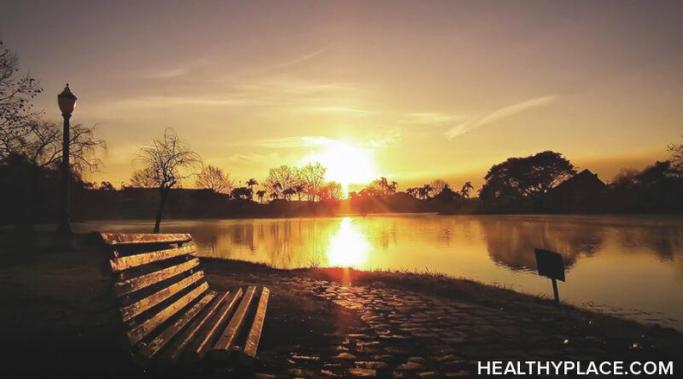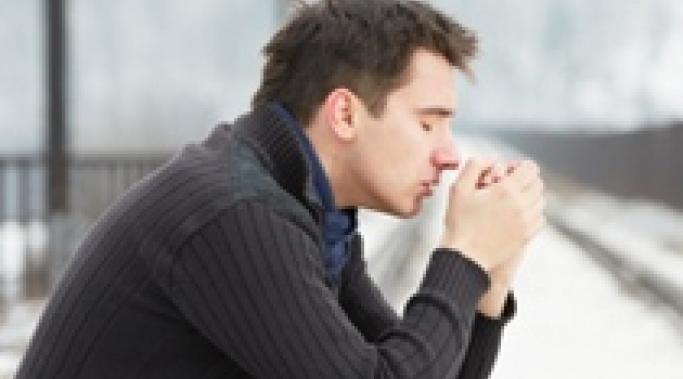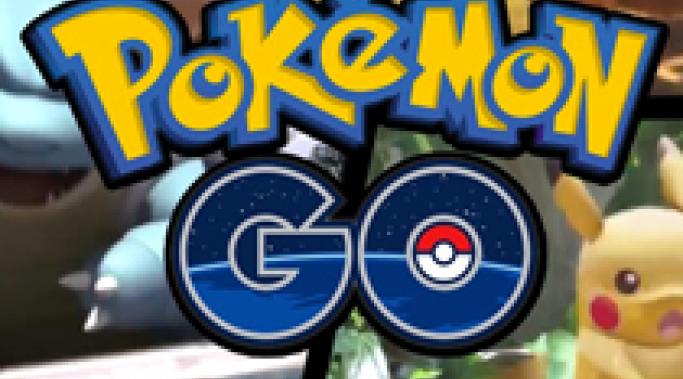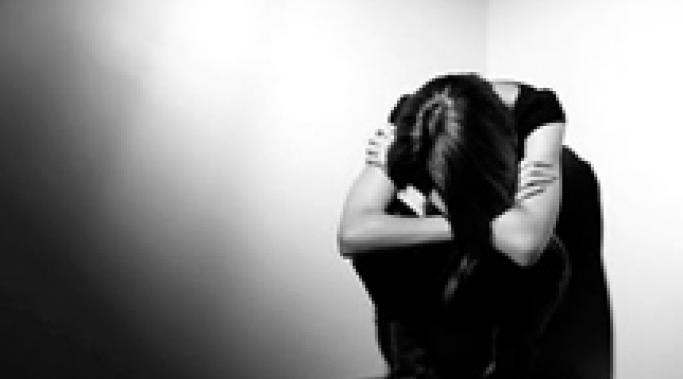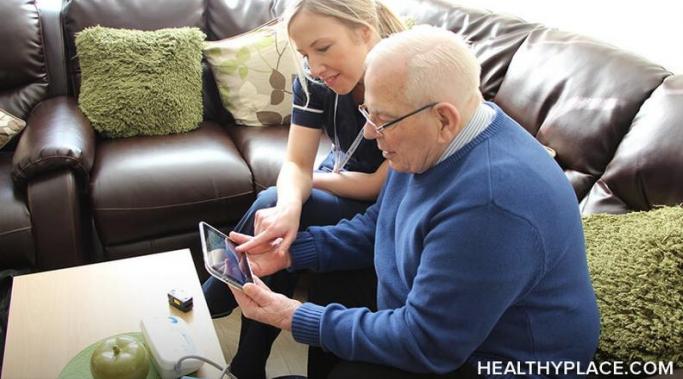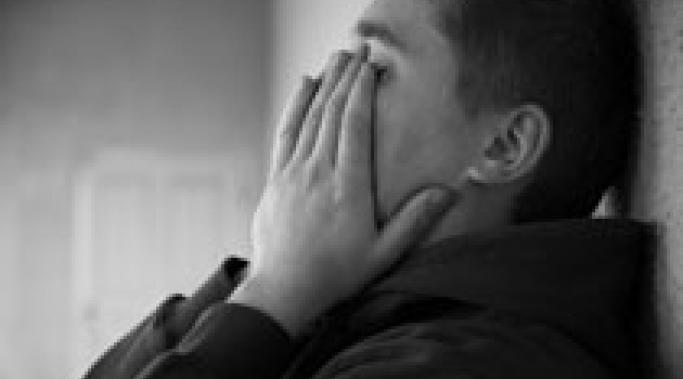I find I can heal through nature. Not only is the great outdoors a place of wonder, but it's an excellent tool for those with mental illness. There are many tactics to harness the healing power of nature and all it has to offer, which comes in handy when anxious or depressive thoughts start to creep up.
Seasonal Affective Disorder
Seasonal depression exists but so do seasonal depression remedies. Seasonal depression exists in my part of the world, where winter brings with it subzero temperatures and short hours of sunlight. This can make even the most chipper of us feel down. Whether it's winter blahs or full-blown seasonal affective disorder (SAD), it's not fun to experience, and sufferers want to get better quickly. I've recently had a bout and here's my three things to try for seasonal depression.
Pokemon Go can help with mental illness recovery. Unless you've been living under a Kabuto the past few weeks, you're aware that Pokemon Go has gone viral (How a Video Game Gave Me My Life Back). But did you know Pokemon Go can help with mental illness recovery? Here are three ways Pokemon Go can help with mental illness recovery.
There are three myths about depression. When I was first diagnosed, I faced a lot of criticism from the people I expected the most understanding--people at church. I was told "If you just had enough faith and truly wanted to get better, you would," "I think you need to go off your medications and trust God for your healing," and "Depression is straight from the Pit of Hell." I realize now, years later, that the church people believed three myths about depression.
There are many myths about self-injury (SI), but today I'm going to focus on three. These three myths about self-injury contribute largely to the stigma of mental illness, make it difficult for the self-injurer to seek help, and increase the risk of suicide. Each of these myths is common, even among mental health professionals. That's why we need to call them myths and try to educate people who believe them. The more people understand these three myths about self-injury, the better prepared they are to help a person who self-harms, and the easier it will be for the self-injurer to seek help for this problem. We must name and debunk these three self-injury myths.
This past week brought a lesson in how vital self-care is to mental health and mental health recovery. Self-care can be overlooked when we are suffering from depression or experiencing other mental illness symptoms. I have a dear old friend who many consider the sweetest person they’ve ever known or may ever know. This dear woman has always been the type who will go to the ends of the earth to help people, and not just friends and family.
When my COBRA expired, I sought insurance (particularly to pay for mental health services), only to be denied because my mental illness was considered a pre-existing condition. Desperate, I turned to a Christian health pool, and asked if they covered mental illness. I was told that everyone has a bad day and that I should use herbs. I bit my tongue to avoid saying, "On my bad days I hallucinate." Mental illness is not a "bad day."
When our son was a teenager, like many teenagers, he was an avid music fan and, eventually, a musician in his own right. I also enjoyed the music he listened to, so we sometimes bonded over screaming until our vocal cords were bruised. Since it’s a known fact that mental illness runs in families, we weren’t too surprised when our son started showing signs of a depressive disorder. But his disorder and his music choices unearthed some mental illness, depression stigma in our home.
This week my life closely resembles one of those old country and western songs. You know the ones. Basically everything that could go wrong has, and even the dog doesn’t want to get close to me.
I’m sitting alone in my four bedroom home, contemplating the condition of my life and wondering just where this is taking me.
I’m very fortunate that I have people in my life, specifically my wife and kids, who truly love me. They love me enough to tell me I need help and they want me to get it. Until I do, they’ve decided that for their own well being, they think living apart from me is the best thing for them right now.
The past week has been quite an emotional one for many, especially many in the mental health community. The death of beloved actor Robin Williams by suicide on August 11, has shaken our community to the core.
Why? What is it about Williams and his manner of death that touched so many of us? Many of us understand depression. We get being suicidal. We understand what it’s like when our kids or grandkids ask us to play and we must say, “No, I’m sorry honey. I just don’t feel up to it right now.”
That terrible mix of guilt and fear, blended with the self-loathing because we feel like we have no energy, yet refuse to stop beating ourselves up over the very depression that is making us feel that way.
